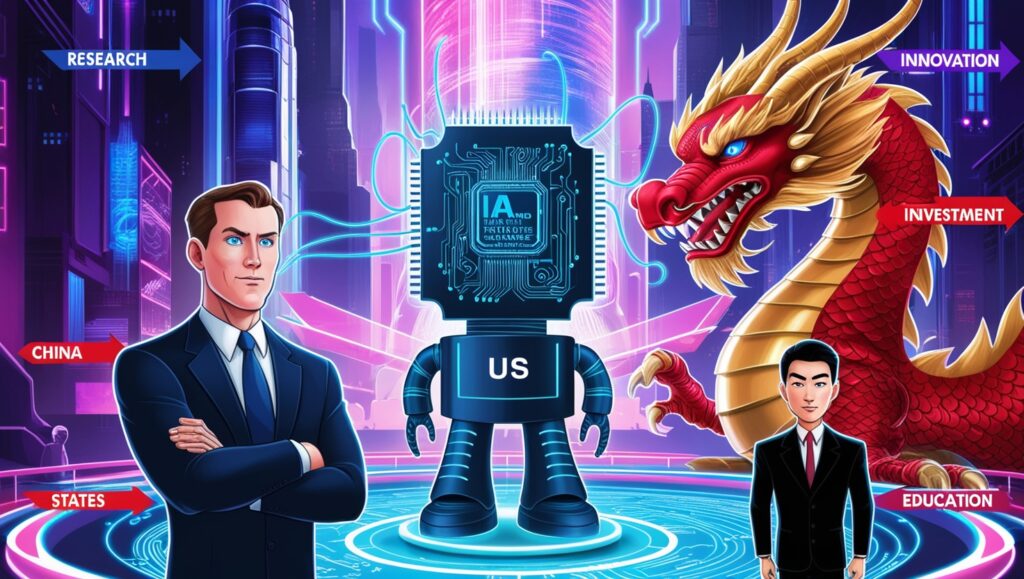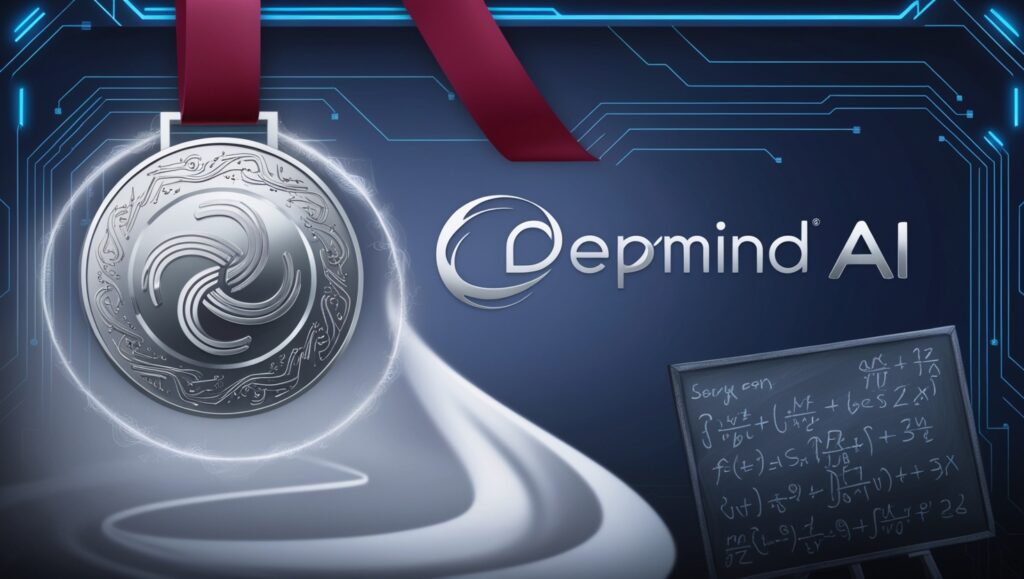In order to maintain their graduates’ competitiveness in the employment market, business schools are fully embracing AI.
Many educational institutions are updating the curriculum to reflect the swift advancements in technology. In order to educate pupils soft skills, teachers at some universities are even creating their own customized AI chatbots.
According to a video posted on the school’s website, David Marchick, dean of American University’s Kogod School of Business, aims to “infuse AI into every part of our curriculum” starting in the fall. According to The Wall Street Journal, Kogod will launch 20 new courses as part of the project, covering anything from marketing to forensic accounting.
Meanwhile, LiFT was recently introduced by Columbia Business School professor Hitendra Wadhwa, a specialist in leadership. According to a press release announcing its launch, it’s an AI-powered leadership tool that assists others, including kids, in “planning, preparing, and practicing before high-stakes events.”
Although LiFT is based on OpenAI’s extensive language models, it is refined by Wadhwa’s 15 years of teaching experience and the feedback he has received from students and graduates. “Nothing is individually identifiable, but looking at the data, we start to generate a lot of statistics from it,” Wadhwa stated.
In order to prepare for an emotionally charged talk or to handle a difficult encounter, users can ask the tool for advice, according to Wadhwa. Additionally, individuals can choose a coach who is more direct or who has a more sympathetic tone because they have such control over that trait. The ability to personalize that experience for the students is enhanced by their large language models.
Students who use the program for just 15 minutes, three or four times a week, according to Wadhwa, are less prone to form fast decisions, are more willing to question their presumptions, and are more adept at bridging gaps between divergent viewpoints. “Just 15-minute little bursts, little bursts of going into a leadership gym,” he stated. “That’s delivering really good early evidence of value.”
The emphasis on AI is a result of firms prioritizing graduates from business schools who possess technical skills.
According to a 2023 research from the Graduate Management Admissions Council, almost 75% of US businesses stated that technology capabilities including artificial intelligence and machine learning, data visualization, and programming abilities are crucial for business school graduates. However, less than half of US companies think recent grads are sufficiently qualified. Over 60% of US firms predicted that in the upcoming years, graduates’ technological skills will be increasingly valued.
However, educators consider AI in ways other than how technology affects their students’ employment opportunities. They also want kids to understand how AI will affect employment in the long run.
Professor of entrepreneurship and innovation at the University of Pennsylvania’s Wharton School Ethan Mollick refers to the use of AI as a “emerging skill” and mandates ChatGPT use for all of his students.
He gave them a task to automate some of their tasks this spring and warned them that once they saw the potential of artificial intelligence, they would likely experience feelings of inadequacy. Mollick said to his pupils, “You haven’t used AI until you’ve had an existential crisis,” as reported by the Journal. “You need three sleepless nights.”
Wadhwa advocates a more gentle approach.
Personally, he believes that when you approach any activity in life with fear or lack in mind, it will only make it harder for you to experience joy.








